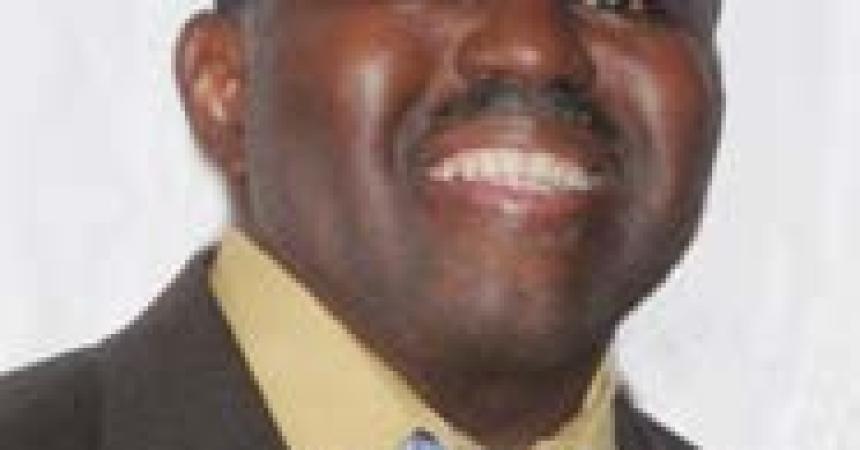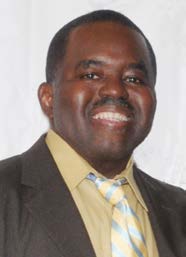
Will Blacks become the priority minority politically in 2017?
By Roger Caldwell
Special to the Outlook
Happy New Year and what will Black Folks do differently in America in 2017?
In 2016, Black on Black violence has reached epidemic rates, and our children, seniors, and women are not safe, when they walk down the streets in our community. Not only is there crime and violence in the Black neighborhoods, but the police are killing unarmed Black men, even though they are not an imminent threat or danger. In 2015, there were 948 Americans killed by police, and no police were prosecuted or indicted for breaking the law.
In Flint, Michigan, where 60 percent of the residents are Black and 40 percent live below the poverty line, the water is contaminated, and no one can find money to correct the problem. There is hazardous waste and toxic dumping grounds around the country and the inner cities are a place where the large companies locate many of their toxic dumping grounds.
For the last eight years, Black leaders and activist have remained quiet and docile, when it came to voter disenfranchisement and voter suppression. With the first Black president in America, many Blacks expected our condition would improve, but many find things have gotten worse. In fact with the emergence of White Nationalism and overt racism, it appeared that Blacks were no longer needed to win state offices, governorships, and federal congressional seats.
Starting in 2014, after the U.S. Supreme Court gutted a core provision of the Voting Rights Act, the Republicans have made it more difficult to vote. In Pennsylvania, Texas, North Carolina, and Wisconsin, the inner-cities voter turnout rates have dropped significantly in the Black communities.
To begin with, there are less polling places in minority communities, and many of the poling officials are asking for photo ID cards in 2014, and 2016. Student voters were unlawfully turned away, because of their student photo ID cards, and their University address was considered a hotel and not a residence. The Lawyers Committee for Civil Rights Under Law received calls and complaints from voters across the country in the 2016 election cycle.
For Black men the most important political issue in 2016 and beyond is mass incarceration. All Black men are considered by the police as thugs and criminals, and as a result, the Black community is a police state. The majority of prisoners in jail are there because of plea bargaining, and the police use Gestapo tactics that are unfair and criminal.
There are 2.3 million prisoners in American jails, and it is the highest number in any country in the world. No one in America wants to talk about mass incarceration and the criminal justice system, because it is a time bomb getting ready to explode.
As Trump begins to focus on law and order, Black and Hispanic communities will be targeted as hot spots for crime, and the streets will become war zones. Trump is not uniting America; instead he is dividing America along racial lines.
In 2017, the Black community has no other choice, but to unite, vote and build an economic infrastructure in our community. Blacks no longer have the luxury to sit back and wait for the president and the government to save us. Trump would like to send Blacks back to Africa and Hispanics back to South America and Europe.
Blacks must become the priority minority again. In the New Year Blacks must develop a Black Agenda that all Blacks in America can agree on, and hold our existing politicians in our community accountable. All historical and new Black organizations must collaborate and work together. Black economics must be a central focus in our community, and the police, Black men, organizations and churches must rid our community of drugs and crime.
Black unity in the community in 2017 should be the mantra for Black empowerment. The Black community spends over a trillion dollars in America, and our community sees very little of this economic activity. Blacks have the power to change their condition in America, if we believe in each other.








